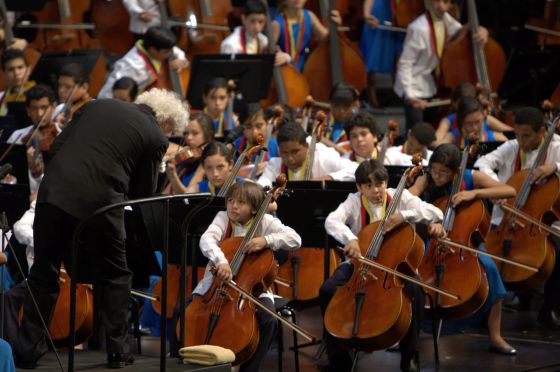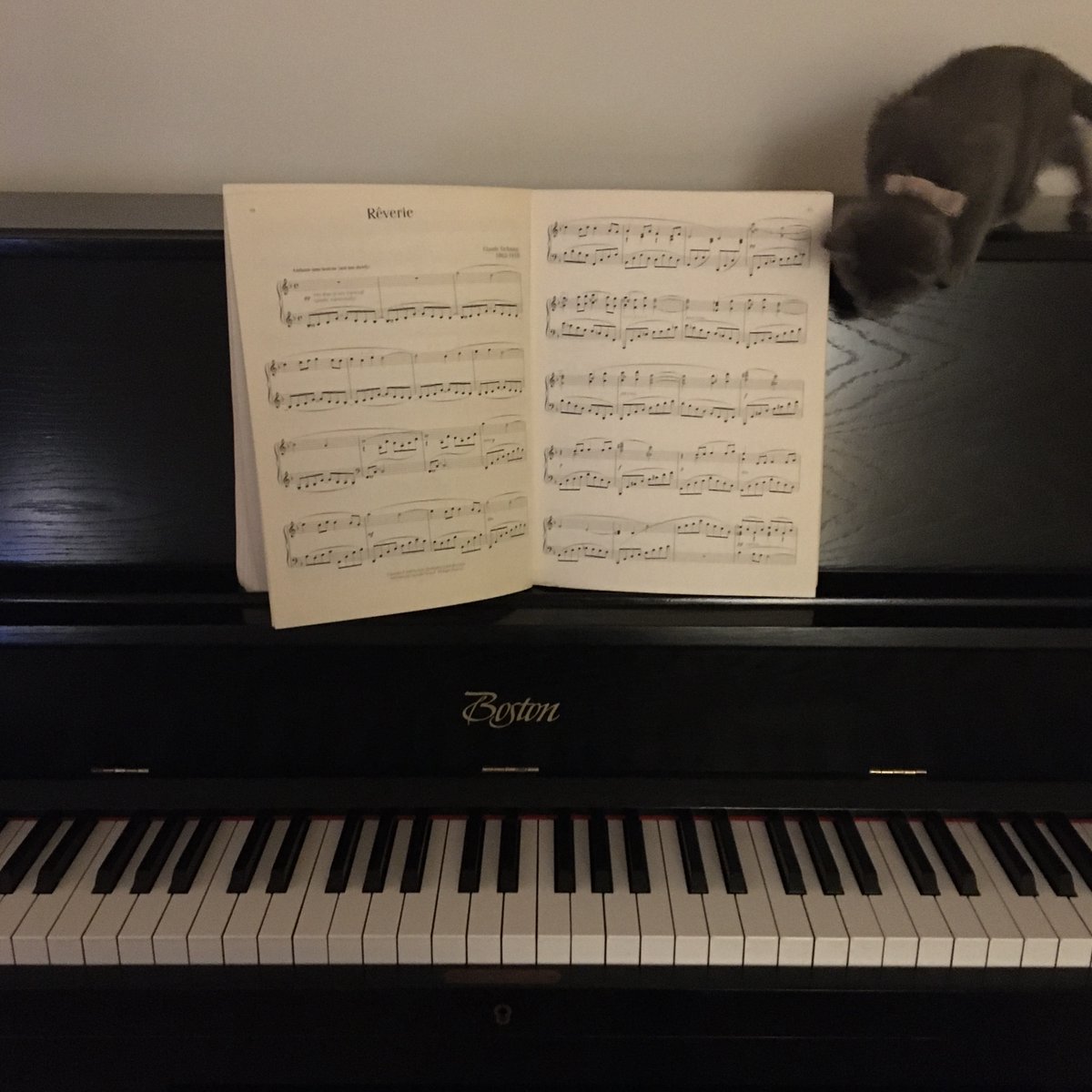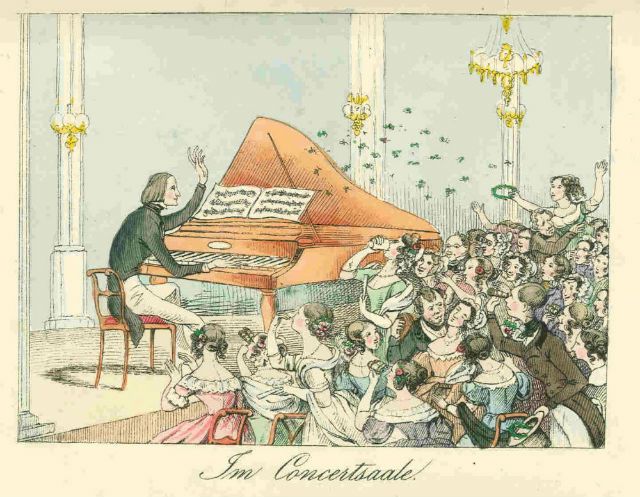
"Music, Sense and Nonsense: Collected Essays and Lectures", por Alfred Brendel.
Capítulo: “Performances, programmes, recording - Farewell to the Concert Stage”
open.spotify.com/playlist/3M9qu…
Capítulo: “Performances, programmes, recording - Farewell to the Concert Stage”
open.spotify.com/playlist/3M9qu…
Como músico, qué difícil debe ser despedirse del escenario. En este capítulo Brendel reflexiona sobre su retiro, y sobre lo que hace posible a un intérprete enfrentar una vida como concertista. 
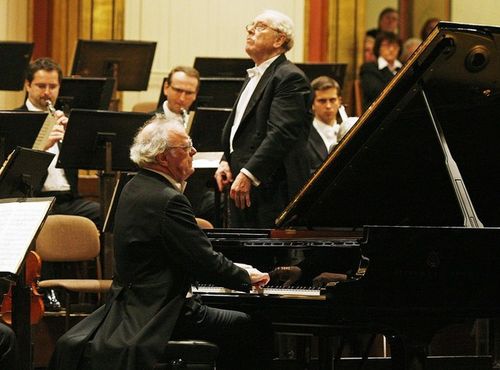
Para Brendel en primer lugar está una tríada de talento, constitución física y suerte. Pero hay mucho más que añadir: confianza en sí mismo y autocrítica, ambición y paciencia, perseverancia sin fanatismo, buena memoria, nervios de acero (para el escenario y para leer reseñas)… 

…visión de como el propio talento, repertorio y personalidad pueden ser desarrollados, el don de de concentración, placer por el trabajo, la disponibilidad, habilidad y gusto de transmitir algo al público… 

…“a sense of humour, an inkling of the absurdity and parodixity of the situation as well as a healthy dose of scepticism that ought to prevent us from taking ourselves too seriously.” 
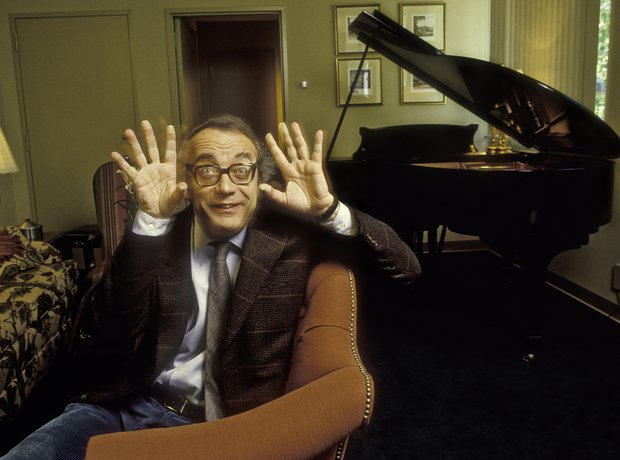
“All the more seriously, however, we need to take the composer’s intentions even if, and when, the music happens to be funny.” Para el violinista Sándor Végh, el humor es un tipo de seriedad superior (‘Superernst’), mientras que para Jean es lo “sublime a la inversa”. 
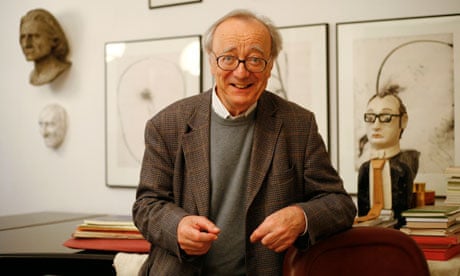
Para Brendel, el intérprete necesita ligereza al mismo tiempo que seriedad. Arnold Schoenberg pedía al intérprete ser “su más fiel servidor”. El intérprete también espera algo de aprecio. “My gratitude goes to all the love I have received”. 

“Great composers have made my life possible, and meaningful. More that I can express, I feel in debt. It should be our token of gratitude to try to do justice to their works, not obstruct them…
…From the masterpiece performers can derive, to a large degree, what they have to do. To receive this message is demanding enough, and where it succeeds, deeply gratifying.”
Brendel termina este capítulo con estas palabras: “ I have never played concerts out of compulsion. It seemed a matter of choice to perform, but also to stop in good time. Thank you for having listened to me, and goodbye.” 
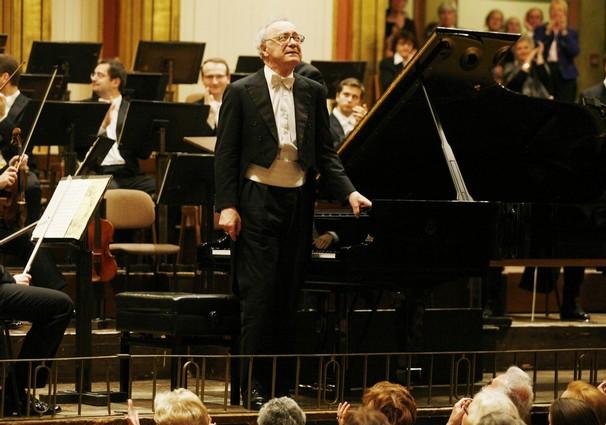
Qué privilegio leer este capítulo hoy, el Día de Santa Cecilia, y poder compartir algo de la profundidad y sabiduría de este enorme y extraordinario músico, Alfred Brendel. Gracias Maestro. 
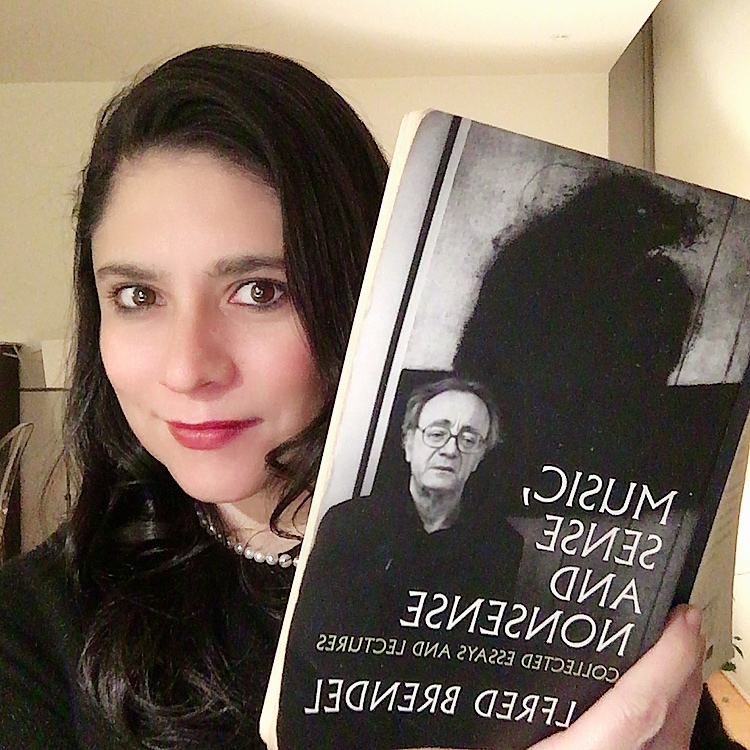
@threadreaderapp unroll
• • •
Missing some Tweet in this thread? You can try to
force a refresh

